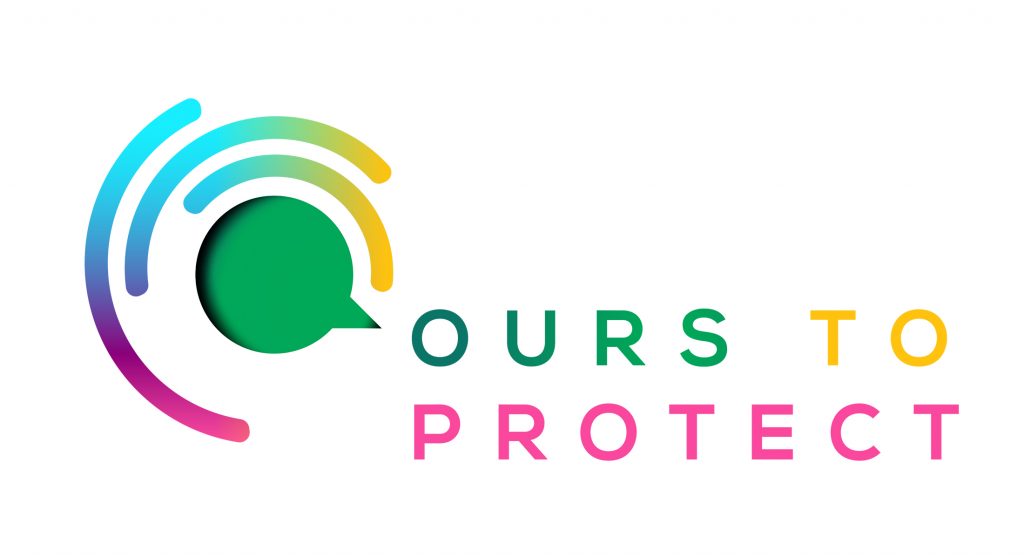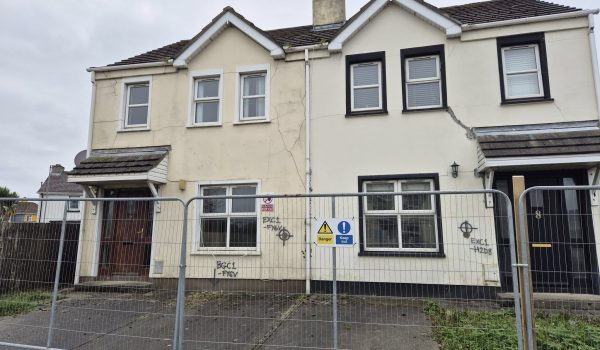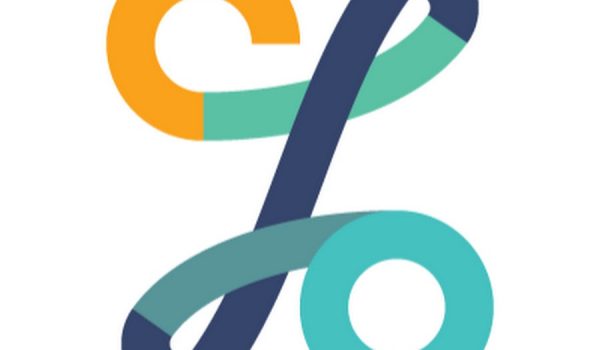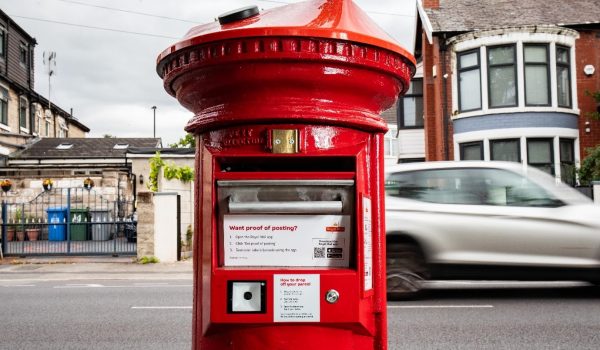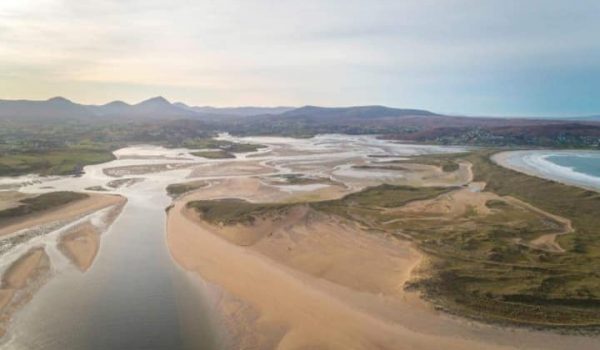Highland Radio are delighted to partner with Coimisiún na Meán in launching a new series dealing with various topics on sustainability.
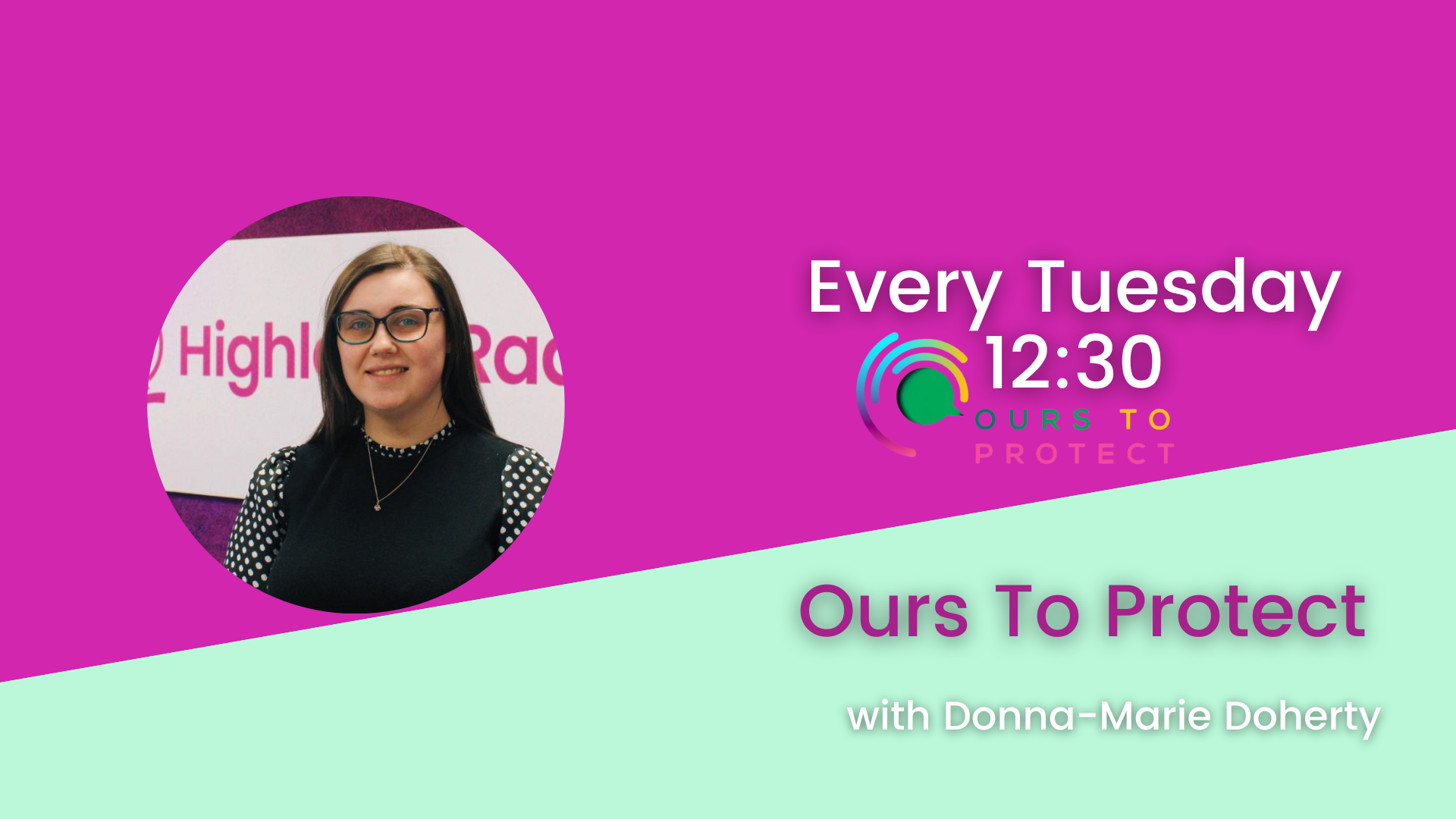
Donna-Marie Doherty of Highland Radio will have a weekly feature on Tuesdays at 12:30 covering a real mix of different topics and interviews with businesses and experts who have a common interest on expertise in sustainability.
Coimisiún na Meán stated; ‘”Ours to Protect”, is a unique and exciting audio project – a collaboration of local and regional broadcasters from across the country who have come together to tackle climate change, champion climate action, and inform and educate audiences all over Ireland about how they can make a difference.’
Listen back to this week were back with Co-ordinator of the Donegal Community Garden Network, Joanne Butler as she discusses a project in the works for a circular community – we then took to Letterkenny Shopping Centre to check out what the people of Letterkenny thought.
Tip Sheet:
Did you know?
- The concept of waste does not exist – everything is transformed into a resource that can be utilised.
- Aims to keep materials, components, and products in-use in the economy for as long as possible.
- Optimise every aspect of a product’s lifecycle from raw material extraction to manufacturing and first use, and multiple use-lives thereafter, through product re-design, new business models and novel technologies and processes.
- 90% of biodiversity loss and water stress comes from extracting and processing natural resources.
- According to the Circular Economy Bill, Ireland become the first country in the world to eliminate the use of disposable coffee cups. Currently, 200 million cups are sent to our incinerators and landfills annually.
What are the benefits?
- It is estimated that by boosting Ireland’s circularity we could save €2.3 billion annually.
- It will lower our reliance on global supply changes – we can no longer rely so heavily on these chains.
- It will create more jobs, 700,000 jobs could be created by 2030 in Europe alone by adopting circular economy practices.
- In a circular-based economy, longevity, durability and the re-use of materials, products will not break down as easily or need to be replaced as readily.
How can we participate in the circular economy?
- Charity Shops: With the likes of Depop, Ebay as well as charity and vintage shops, you can donate and buy second-hand clothes and shoes, reusing materials.
- Buy sustainable products: Tote bags, reusable coffee cups, water bottles, metal straws, and bamboo toothbrushes are all examples of sustainable products that you can use in your everyday life.
- Recycle your waste: Separate your waste into different segments such as food waste, recyclable materials, and general waste.
- Recycle your e-waste: WEEE Ireland has set up dozens of electrical recycling centres across the country so you can dispose of your e-waste safely.
For more information, check out the following websites:
- https://circuleire.ie/ – CIRCULÉIRE
- https://www.europarl.europa.eu/news/en/headlines/economy/20151201STO05603/circular-economy-definition-importance-and-benefits#:~:text=What%20is%20the%20circular%20economy,cycle%20of%20products%20is%20extended.
Listen back to past episodes
Ours to Protect Survey
Ecological Footprint Calculator
